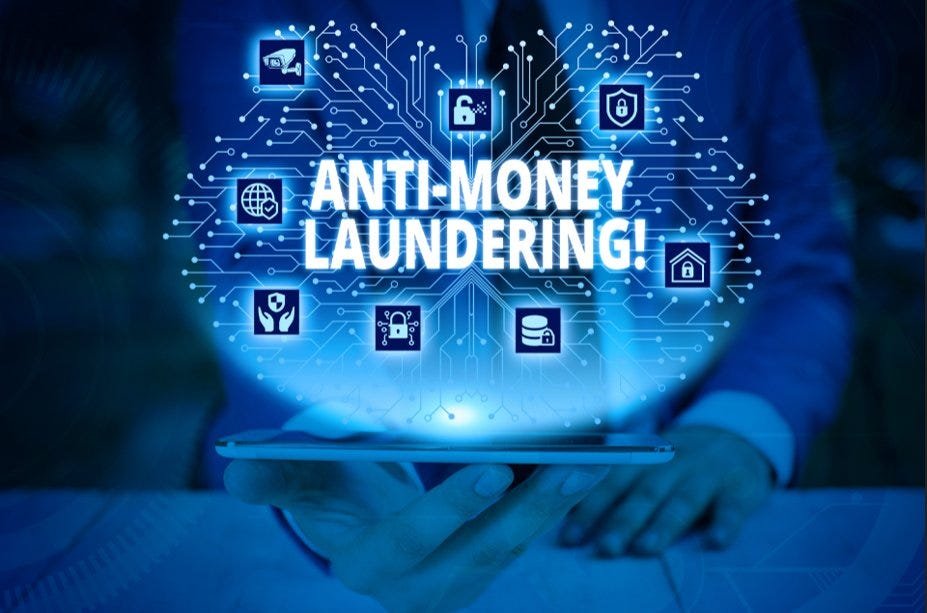Real Estate Brokers & Agents
Involved in buying, selling, or leasing residential and commercial properties.
Real estate is a common channel for large cash transactions.
Because of high deal values, brokers must verify client identity and source of funds.
Auditors & Accountants
Professionals handling financial statements, audits, bookkeeping, or client financial records.
They can easily detect unusual cash movements or suspicious transactions.
Since they see the full financial picture, they play a key role in identifying risks.
Corporate Service Providers
Companies that form businesses, manage corporate documents, or provide secretarial services.
They help structure entities, sometimes multiple layers deep.
This service can be misused to hide true ownership if AML checks are not done properly.
Law Firms & Legal Consultants
Legal professionals involved in corporate transactions, trust services, contract drafting, or dispute matters.
They often handle sensitive financial documents and legal transfers.
Because they facilitate complex deals, they must ensure no client uses legal structures for illegal purposes.
Dealers in Precious Metals & Stones
Businesses trading gold, diamonds, jewellery, luxury watches, or precious stones.
These items are portable and often bought for cash, making them attractive for laundering.
Dealers must verify clients making high-value purchases and maintain proper transaction records.
Trust & Company Service Providers (TCSPs)
Firms offering nominee directors, registered office services, trusteeship, or company management.
They manage legal entities where real ownership may be hidden.
This creates a high AML risk, so strong verification and monitoring are required.
Virtual Asset Service Providers (VASPs)
Crypto exchanges, wallet operators, token platforms, or digital asset service providers.
Virtual assets move fast across borders and can be hard to trace.
VASPs must monitor transactions closely and report suspicious crypto activity.
Tax Consultants & Advisors
Professionals providing tax planning, filing, restructuring, or wealth advisory.
They often deal with clients who move funds across jurisdictions.
This requires strong AML checks to ensure transactions are legitimate and transparent.
Luxury Goods & High-Value Dealers
Dealers selling art, rare collectables, high-end cars, yachts, or antiques.
Large-value items can be used to convert illicit funds into physical assets.
Businesses must keep clear buyer records and flag unusual payment patterns.













